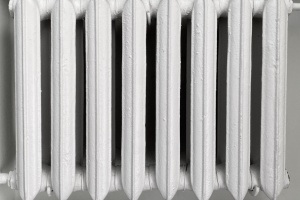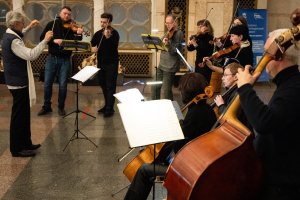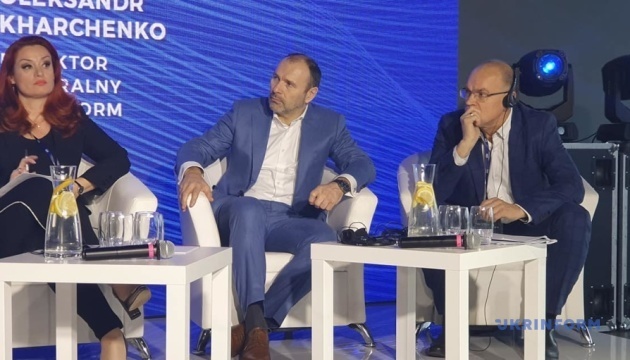
Media forum in Warsaw: Ukrinform chief names three stages of promoting fake news in social media
He stated this at an international conference "Media of the Future" in Warsaw on December 4, speaking during a panel discussion "The Role of Media in the World of Fake News," according to an Ukrinform correspondent.
"Fake news is a colossal problem for our country, and the main producer of fake news is Russia," Kharchenko said.
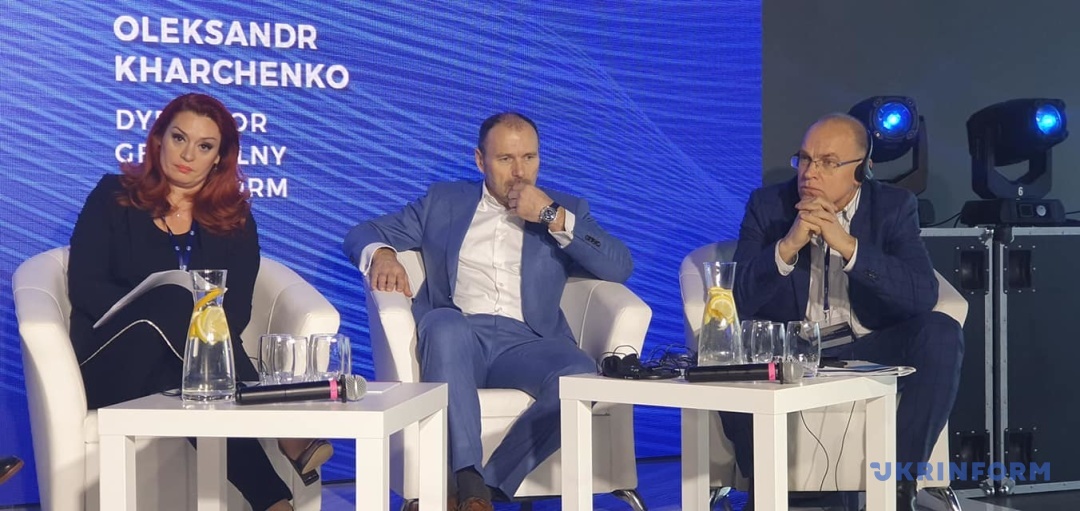
He stressed that several stages of Russia's information activity against Ukraine in social networking sites could be distinguished in recent years. In particular, at the first stage, Russian social networking sites VKontakte and Odnoklassiniki were one of the main channels of import of Russian propaganda to Ukraine. According to Kharchenko, during the presidency of Petro Poroshenko, an attempt was made through social media to organize the Maidan against the current Ukrainian authorities, while fighting was underway in Donbas.
"A whole network of protest groups, clearly coordinated from Moscow, was created on the Internet. But the attempt was thwarted," Kharchenko said.
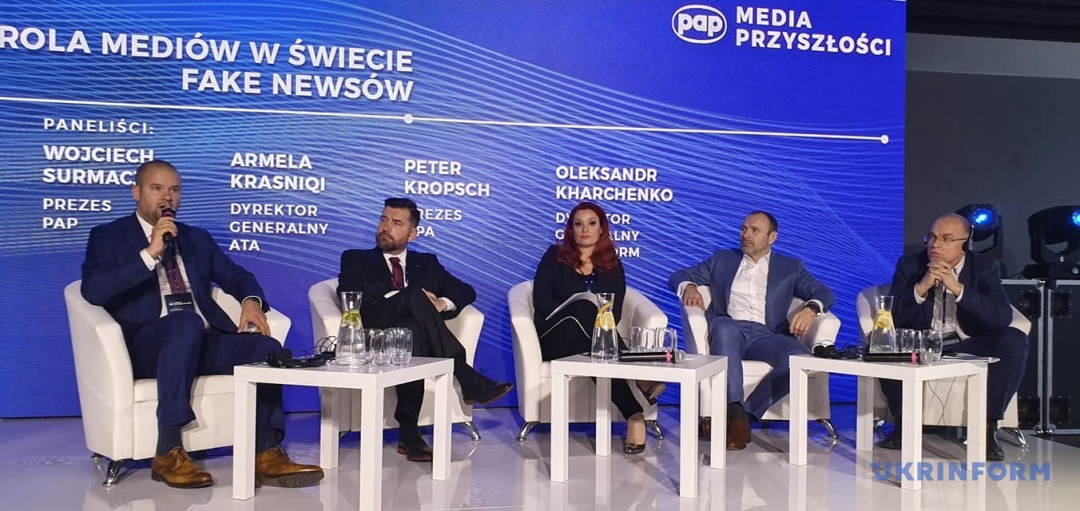
According to him, during the second stage, bloggers with openly pro-Russian orientation became active on Youtube and Facebook. At the same time, a quasi media outlet spreading Russian propaganda was created for such a blogger.
The third stage, he said, was the emergence and active development of the Telegram messenger in Ukraine, which first appeared in Russia and was allegedly even subject to prosecution there.
"An operation to import Telegram into Ukraine started a year ago. A significant number of anonymous network channels were created, and a huge amount of money was invested in removing anonymous content from Telegram into mainstream media," Kharchenko said.
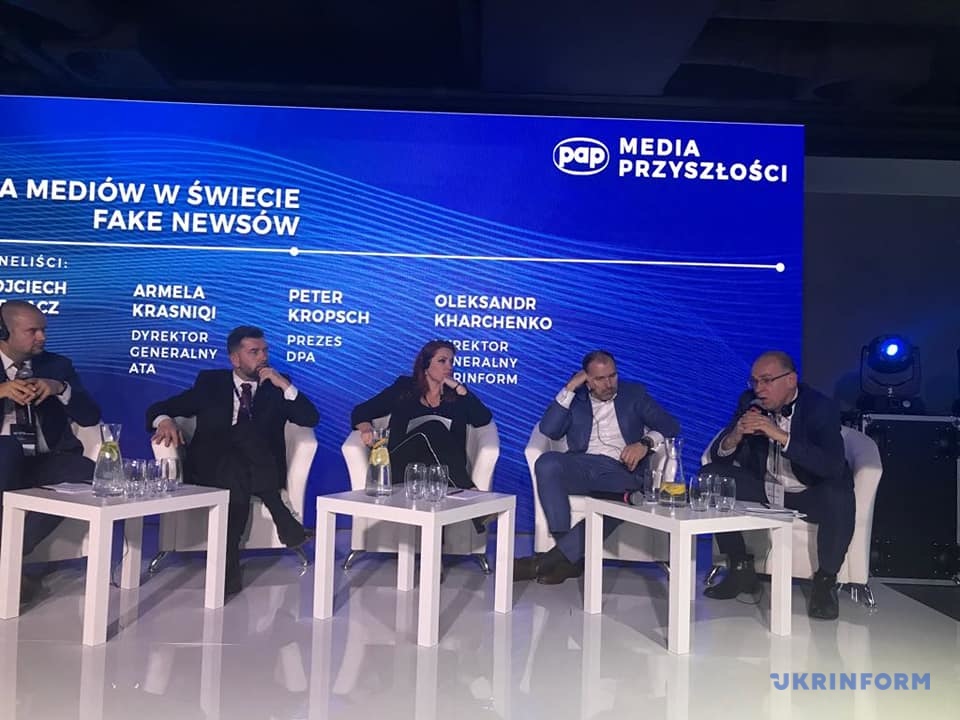
He added that the main feature of the channel was complete anonymity and high audience targeting, which made it possible to bring manipulation to a completely new level.
Kharchenko told international colleagues that the problem of fake news and disinformation, after the beginning of Russian aggression, has become so acute for Ukraine that this caused a natural need for special projects, the most striking of which was StopFake.
According to the director general of the news agency, Ukrinform is launching its own project to combat fake news.
"We are planning to implement an innovative technological solution. In order to minimize the destructive impact of such 'cyclical' fake news, and all others, we intend to create a special extension (application) for smartphones and computers – Defake," Kharchenko said.
He also explained how the app will work. The program will automatically read any text that appears on the screen of a user's computer or smartphone. When keywords pointing to a possible fake news story are found, the application will highlight the key of those words with a separate color, as an active link. Clicking on it, a user is not redirected to another website but sees on the same page above the highlighted word a small semi-transparent window that outlines basic facts about this information.
Kharchenko said that the Ukrainian authorities, as part of combating disinformation during the period of hostilities and occupation of part of the territory of Ukraine, are planning to introduce the concept of "disinformation" and provide for tough sanctions against media outlets for disinformation. It is also planned to introduce the post of an information ombudsman who will counteract disinformation, to increase accountability for journalists spreading fake news, and to create a self-governing organization, which will develop for media professionals the recommendations on professional standards and ethics, monitor their observance, and protect media outlets.
Information about the state's ability to respond to disinformation sparked a lively debate among conference participants. In particular, Peter Kropsch, CEO of German news agency DPA and President of the European Alliance of News Agencies (EANA), expressed doubt as to whether the state should intervene in the work of media outlets in this context, saying he is fundamentally opposed to the existence of a "ministry of truth."
However, Kharchenko's position was supported by President of the Polish Press Agency (PAP) Wojciech Surmacz. He drew the attention of media colleagues that Ukraine is in a state of real war.
"This is a completely different situation than in other countries. This is a very important case for all of us, and we need to be aware of the threats that Ukraine faces. We have peace, and Ukraine is in a permanent state of war, and that is why we need to understand Ukraine's position on the regulation of the media space," Surmacz said.
Kropsch then agreed that the situation in Ukraine is different than in other countries and therefore has its own peculiarities.
Kropsch also stressed that the problem of large amounts of false information is worldwide. That's why news verification experts came to DPA three years ago.
The participants in the discussion agreed that the main tasks of the media, including leading news agencies, are to teach the audience media literacy and the ability to recognize fake news.
Director General of the Albanian Telegraphic Agency (ATA) Armela Krasniqi, in turn, stressed that professional media associations such as EANA have more opportunities to counteract disinformation.
"The voice of the whole team will sound stronger," she said.
Ukrinform has been a member of EANA from Ukraine since 1995. The Alliance brings unites than 30 news agencies across Europe. Together with 12 other European agencies, Ukrinform signed a resolution "News Agencies Against Fake News" in Tirana.
op



